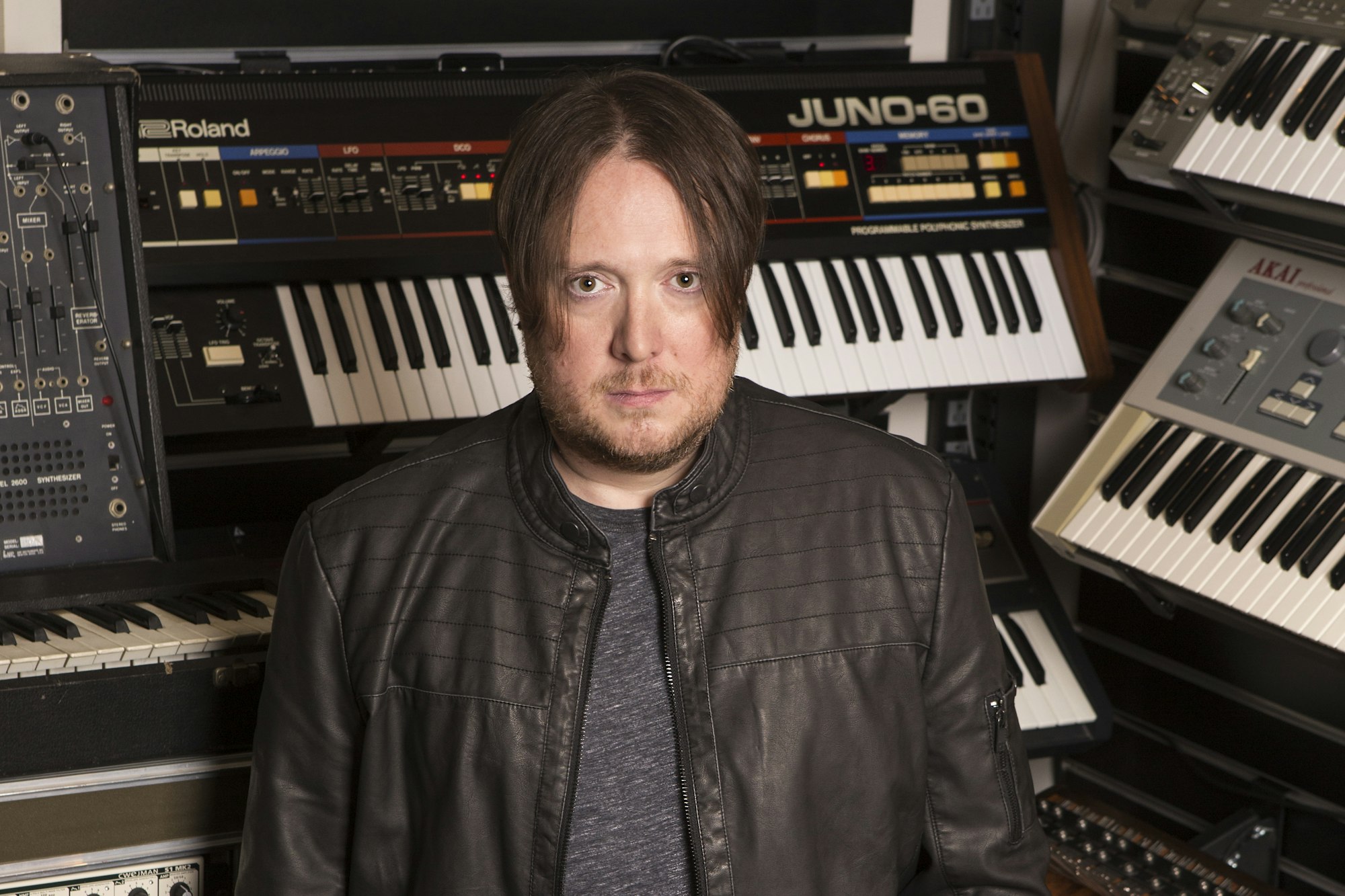Our host Charles Steinberg is back for the second episode of our podcast with Breaking Bad and Better Call Saul composer, Dave Porter.
Just as Dave Porter was winding down from his career-defining charge to compose all of the music for Breaking Bad, and its subsequent prequel Better Call Saul, Charles caught up with him to get his perspectives on being the musical anchor for one of the greatest stories told on television.
Whether or not you are a Breaking Bad heavy, listen in and get to know one of our major contemporary composers.
You have to keep the audience in your universe.

Charles: Something that comes up time and again when people involved with the show are asked ‘what’s special about it’, is the family-like bonds that were made among the casts and the crew.
Dave: It’s certainly a unique Hollywood scenario in which so many people, both in front of and behind the camera, work together on the same universe of projects for this long. There aren’t a ton of us who worked on every single episode and the film - I count myself lucky to be one of those - but most people were around for the vast majority of it, in one way or another. That’s testament to Vince and the culture he created around Breaking Bad; a very open environment, where everyone, down to the newest intern, has the right to have an opinion and speak up and be part of the creative process. No idea is foolish and everything gets considered, and there’s a lot of leeway given creatively for everyone to find their way. I think once you have proven yourself even a little bit to the group, there’s a family mentality of wanting everyone to succeed. We all pushed each other to be better at our crafts.
Better Call Saul was already the most diverse show that I’ve ever worked on in terms of the opportunities to do different things, but it was enormously magnified in this final season.
Charles: Through much of the black-and-white conclusive episodes, we really heard a lot of different things that were never used prior to that. Was that about establishing a new time and place in this universe?
Dave: Exactly. I probably used more acoustic instruments, and even orchestral instruments, than people probably realise over the course of these shows, but I was usually using them in a context in which they were heavily modified or made unrecognisable in the traditional sense. Going all the way back to Breaking Bad, the first time I saw the pilot for it I just had this sense that it was so unique that… a score that sounded how you’d expect would be doing it a disservice. So from the very beginning I kept traditional orchestral instruments off the table. There’ve been a few exceptions, and one of the great things about not using them is that when you do introduce them, they are fresh to your ear in a way you wouldn’t expect.
Track listings as heard in the interview:
1. Ass Over Tea Kettle, Better Call Saul, Vol. 1
2. Hank In Pursuit - Breaking Bad, Vol. 1
3. Radiator - Breaking Bad, Vol. 2
4. Devil's Dandruff - Better Call Saul, Vol. 3
Transition - Breaking Bad Main Title Theme [Extended]
1. Vent - Breaking Bad, Vol.1
2. Life's Rich Pageant - Better Call Saul, Vol. 2
3. Fumes - Breaking Bad, Vol. 2
4. Alpine Shepherd Boy - Better Call Saul Vol. 2
5. Hank's Last Stand - Breaking Bad, Vol. 2
6. Identity Lost - Better Call Saul, Vol. 3
7. Lament for Howard - Better Call Saul, Vol. 3
8. Jane's Demise - Breaking Bad, Vol. 1
9. Baby's Coming - Breaking Bad, Vol. 1
10. Salud - Breaking Bad, Vol. 2
11. The Long Walk Alone (Heisenberg's Theme) - Breaking Bad, Vol. 1
12. The Cousins - Breaking Bad, Vol. 1
13. The Big Winner - Better Call Saul, Vol. 2
14. Shared Smoke - Better Call Saul, Vol. 1
15. Weary Mike - Better Call Saul, Vol. 1
16. Saul Done - Better Call Saul, Vol. 3
Out now on Apple Podcasts, Spotify & all other leading platforms.
